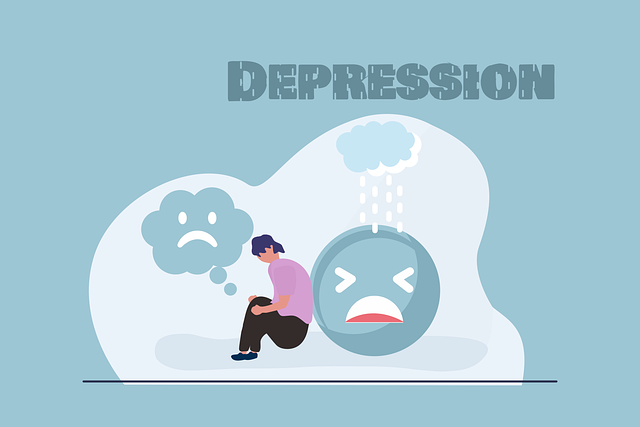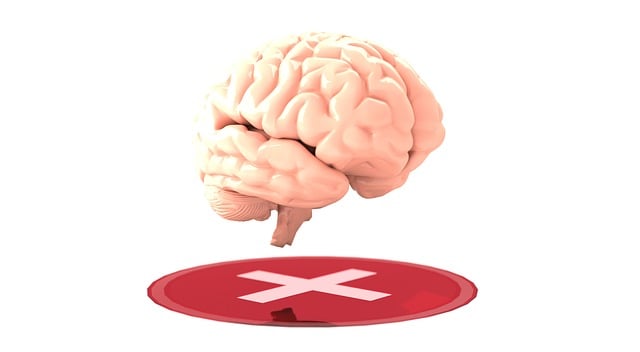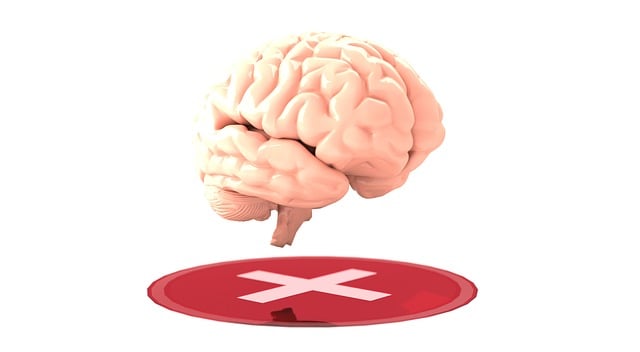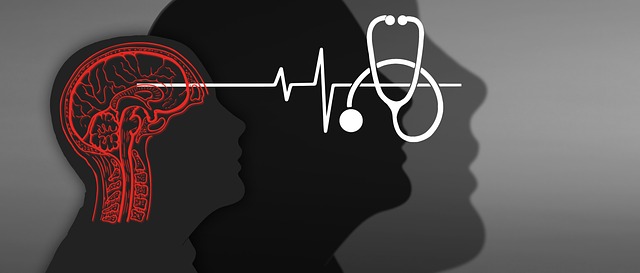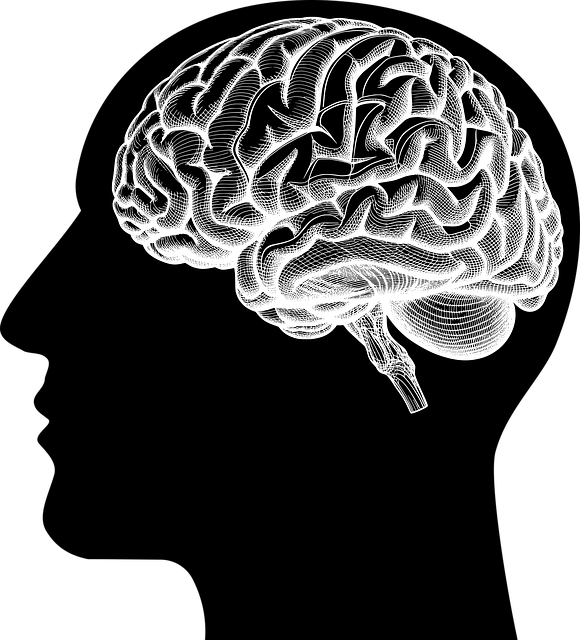Depression among German-speaking adults is a serious mental health issue requiring early detection and therapy for adults German speaking. A culturally sensitive approach, including professional therapy, self-care practices, and community support networks, is crucial for prevention. Specialized therapy services like CBT, coupled with crisis hotlines, offer tailored interventions. By integrating these strategies, individuals can enhance resilience, promote mental wellness, and reduce the need for therapy for adults German speaking services.
Depression is a prevalent yet treatable mental health condition. This article guides you through comprehensive strategies to prevent and manage depression, focusing on effective therapy options specifically tailored for German-speaking adults. We explore various therapeutic approaches, emphasize the power of self-care, highlight the importance of support networks, and provide insights into when to seek professional help for severe cases. By implementing these strategies, individuals can build resilience and lead fulfilling lives.
- Understanding Depression: Recognizing Signs and Symptoms
- The Role of Therapy: Effective German-Speaking Options for Adults
- Lifestyle Changes: Building Resiliency Through Self-Care Practices
- Support Networks: Connecting with Community Resources and Friends/Family
- Professional Help: When to Seek Specialist Assistance for Severe Cases
Understanding Depression: Recognizing Signs and Symptoms

Depression is a serious mental health condition that significantly impacts an individual’s daily life and overall well-being. Recognizing the signs and symptoms early on is crucial in preventing the disorder from escalating. Many people may experience fleeting feelings of sadness or disappointment, but depression persists for weeks or months and can affect how one thinks, feels, and behaves. Common indicators include persistent sad mood, loss of interest in activities once enjoyed, changes in appetite and sleep patterns, fatigue, feelings of worthlessness or guilt, difficulty concentrating, and recurrent thoughts of death or suicide.
Seeking therapy is a proactive step towards adult mental health care, especially for those speaking German. Professional therapy sessions provide a safe space to explore underlying issues, develop coping strategies, and enhance resilience. Crisis intervention guidance can be invaluable in managing severe symptoms, while ongoing therapy supports long-term recovery. Mental health awareness campaigns play a vital role in encouraging individuals to recognize these signs and seek appropriate help, fostering a culture of care and understanding through initiatives such as policy analysis and advocacy.
The Role of Therapy: Effective German-Speaking Options for Adults

Depression prevention often involves a multifaceted approach, and therapy plays a pivotal role in supporting adults’ mental wellness. For German-speaking individuals, accessing culturally sensitive and effective therapeutic options is essential for addressing depression. The Mental Wellness Podcast Series Production offers valuable insights into various therapeutic practices, catering specifically to the needs of this demographic.
One effective approach gaining recognition is integrating Crisis Intervention Guidance within therapy sessions. This strategy equips therapists with the skills to support individuals during acute depressive episodes, providing timely interventions and promoting resilience. Additionally, cultural sensitivity in mental healthcare practice is a key consideration, ensuring that German-speaking adults feel understood and supported in their unique context, fostering a safe space for open dialogue and healing.
Lifestyle Changes: Building Resiliency Through Self-Care Practices

Depression prevention strategies often begin with making positive lifestyle changes, particularly when it comes to building resiliency through self-care practices. Establishing a consistent self-care routine development for better mental health is paramount. This can include regular exercise, balanced nutrition, and sufficient sleep – all of which are essential for maintaining emotional well-being. Activities such as meditation, mindfulness, or engaging in hobbies can also serve as effective stress reduction methods, helping to manage symptoms of depression and anxiety.
Additionally, fostering a strong confidence boosting mechanism within oneself is crucial. This involves setting achievable goals, practicing gratitude, and surrounding oneself with supportive individuals – all contributing factors to building resilience against depressive episodes. Incorporating these self-care strategies into daily life can empower individuals to better navigate challenges and maintain their mental health, potentially reducing the need for therapy for adults German speaking services in the future.
Support Networks: Connecting with Community Resources and Friends/Family

Connecting with support networks is a crucial aspect of depression prevention, especially for adults speaking German. Community resources offer a sense of belonging and provide access to valuable services tailored to cultural needs. Local support groups facilitate open discussions, fostering empathy building strategies among peers who may share similar experiences. These connections can offer a safe space to express feelings and receive non-judgmental support, which is essential in managing mental health challenges.
Additionally, relying on friends and family plays a significant role in preventing depression. Close relationships provide emotional anchors and encourage open conversations about mental well-being. Encouraging loved ones to seek therapy for adults speaking German can be transformative. Mental Health Education Programs designed with cultural sensitivity can empower individuals to recognize stress reduction methods and initiate meaningful dialogues about their mental health, fostering a supportive environment from within the community.
Professional Help: When to Seek Specialist Assistance for Severe Cases

When faced with severe or persistent depression, seeking professional help is a vital step towards recovery. German-speaking individuals who struggle with mental health issues can benefit from specialized therapy services tailored to their linguistic and cultural needs. Mental health professionals equipped to provide therapy for adults can offer effective treatments such as cognitive behavioral therapy (CBT), which has proven successful in managing depression by teaching coping skills development and promoting positive thinking.
In crisis situations, immediate intervention is crucial. Crisis intervention guidance is available through specialized hotlines or emergency services, offering short-term support and de-escalation techniques. These services can help individuals navigate a depressive episode until they are ready for more comprehensive therapy or when symptoms require urgent attention.
In addressing depression prevention, a multi-faceted approach is key. While understanding depression’s signs and symptoms is crucial, therapy plays an indispensable role, especially for adults speaking German, with effective options available. Integrating lifestyle changes through self-care practices and fostering strong support networks can significantly enhance resilience. Remember that, for severe cases, seeking professional help from specialists is essential. By combining these strategies, individuals can effectively navigate and overcome depression, leading to improved well-being. For those seeking therapy for adults German speaking, there are ample resources available to support mental health and foster a brighter outlook.
